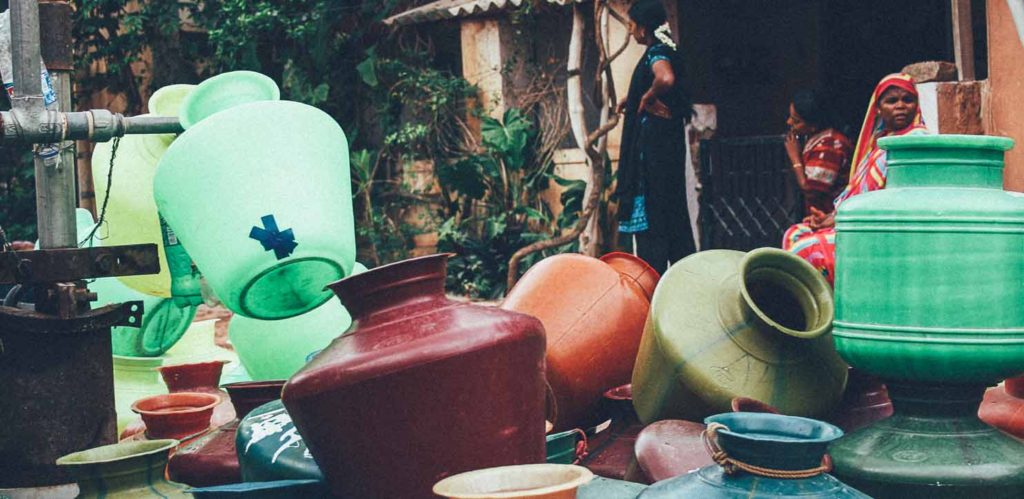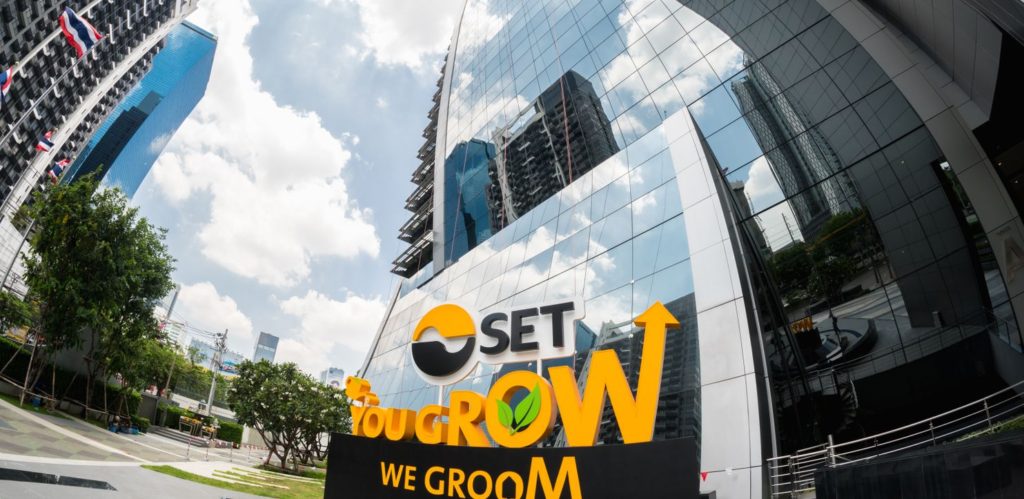In 2017, South Korea surpassed Australia, Hong Kong, New Zealand and Singapore to land in 2nd place for its components listed in the Dow Jones Sustainability Index (DJSI) Asia Pacific. Being the 4th largest economy in Asia, South Korea continues to demonstrate strong leadership in sustainable development by having 39 national companies out of 152 of the largest Asian companies listed in the regional DJSI.
In June’s publication, we invited United Nations Global Compact Network Korea (GCNK) Chief & Senior Researcher Eunkyung (Eva) Lee to share good case practices for promoting sustainability in South Korea. In addition to other drivers, such as global supply chains and socially responsible investment (SRI) indices (Dow Jones Korea Index and Korean Exchange SRI index), the UNGC in South Korea has played a significant role in promoting the wider uptake of corporate sustainability.

Eva Eun-Kyung Lee joined the UN Global Compact (UNGC) Network Korea in Feb 2008. In her current role as Chief & Senior Researcher, she is responsible for planning, developing and implementing UNGC’s strategy. She serves as a member of the government advisory committee and CSR policy research forum of National Assembly.
She is also working with the governments, corporates, civil society, academy to promote CSR as an advisor or evaluation committee member and has been running various CSR related projects as a project manager.
Having 10 years of experience at the UNGC, how would you describe the change in companies’ approach to sustainability?
Ten years ago, Korean businesses approached CSR (Corporate Social Responsibility) from the perspective of public relations or social contribution. In recent years, Corporate Sustainability and CSR have become internationally acclaimed principles and mainstream business strategies, with relevant legislation processes being reinforced. As a result, Korean businesses have adopted this trend. The fact that the number of participants in the Global Compact Network Korea (GCNK) have risen to 250 over the past 10 years is a further reflection of this trend. More companies are publishing their Sustainability Reports, and investing extensively in sustainability topics such as environmental issues.
What is the biggest challenge of UNGC on the journey of promoting sustainability among South Korean businesses?
We see a lack of high-level commitment from CEOs and a lack of resources and expertise of companies, especially from SMEs which remain the biggest challenges. Sustainability can only bring substantial change if it receives proper investment. Those investments are present in the corporate structure and internal resources distribution.
We plan to make various efforts to improve the current system such as introducing policy and business incentives that encourage SMEs to implement sustainability.
“We see a lack of high-level commitment from CEOs and a lack of resources and expertise of companies, especially from SMEs which remain the biggest challenges.”
Could you share with us the successful initiatives that have helped improve companies’ sustainability performance?
Two successful projects conducted by UNGC Network Korea in the last 3 years were ‘Fair Player Club’ and ‘Collective Action to Tackle Corruption’ which focused on anti-corruption.
Fair Player Club (FPC) is a three-year project funded by the World Bank and the Siemens Integrity Initiative. It aims to promote a fair and a transparent business market environment in South Korea. This was achieved by connecting stakeholders, building capacity and calling for practical action against bribery. This project managed to set up dialogue with over 1,500 stakeholders including government, local governments, chambers of commerce, industry associations, foreign embassies, public and private companies, and civil society. There were 228 companies and organizations signing the ‘Fair play pledge’ commitment at the end of the project.
Funded by the UK Prosperity Fund, Collective Action to Tackle Corruption is a project that promotes British anti-corruption standards. We organized anti-corruption seminars and assessments and knowledge sharing workshops. There were 15 participants from 9 companies who were awarded for their commitment to the program. With regard to assessing compliance management, 3 out of 14 companies benefited from applying the British Standards 10500 pre-assessment system.
What is the future plan of UNGC Korea?
Recently, Korean businesses are considering ways to evaluate their sustainability/CSR policies and activities as well as methods to measure impact. Regarding such aspects, we are planning to provide monitoring and evaluation tools, along with guidance and advisory engagement to help businesses approach CSR in a more thorough, strategic manner.
Furthermore, we continue to host UNGC Value Awards’ based on companies’ sustainability report and publish a collection of good case practices in relation to sustainability such as the implementation of the Sustainable Development Goals. We want to remain a trustworthy educational institution where companies can always find useful information on sustainability trends and practices.


